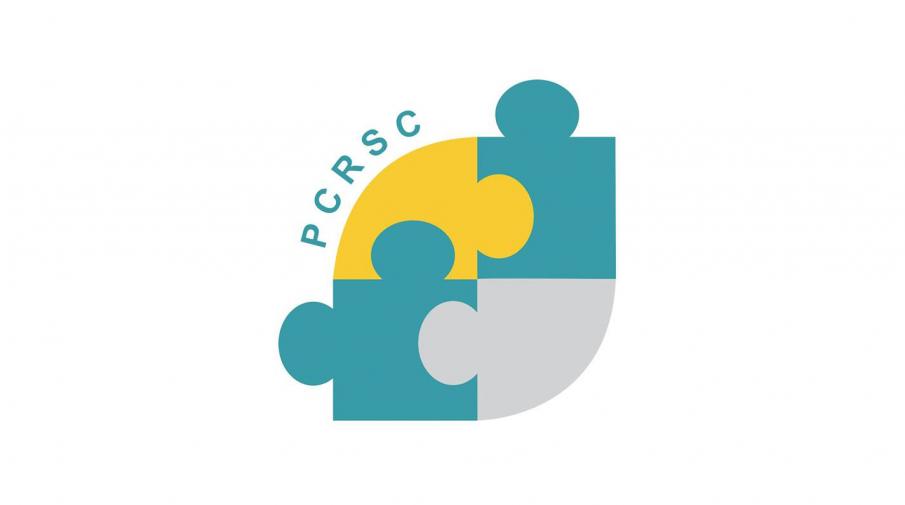The Policy and Conflict Resolution Studies Center at the Arab American University concluded its preparations for the first international conference under entitled “In light of the local, regional and international changes ... Palestine where to?” which will be held at the university's Ramallah campus, from 22-25 of this June.
Policy and Conflict Resolution Studies Center at the Arab American University
The conference comes in harmony with the University's philosophy of positive interaction with national, social and political issues and the future of the conflict with Israel in light of the current local, regional and international contexts and variables. Thus, the Center invited some foreign politicians, analysts and academics to speak in its five sessions, present their views and contributions to the issues at hand.
A special session will be held before the conference, in which Mr. Nikolai Miladinov the UN Special Envoy for the Peace Process and Dr. Mohamed Shtayeh Chairman of the Board of Trustees of the University will speak.
The conference’s first theme, entitled “International Law and UN Diplomacy”, Dr. Riyad Mansour Permanent Representative of Palestine to the United Nations talks about the international law and UN diplomacy strategy, stressing the importance of bringing the Palestinian issue back to the UN platform. While Dr. Yousef Jabbaren the International Law and Human Rights Professor at the University of Haifa emphasized the importance of internationalizing the Palestinian Issue and reduce American exclusivity in the peace process, then both Mrs. Tamara Al-Sayyad Negotiations Support Unit Legal Advisor and Ambassador Ammar Hijazi Assistant Foreign Minister Palestinian Authority for Multilateral Relations reviewed the international law, treaties and conventions role in protecting and guaranteeing the Palestinian rights.
In the second theme “The Social Media Role in Conflict Resolution,” both Dr. Nancy Snow Public Diplomacy Professor at the Kyoto University in Japan and the American expert on social communication Mrs. Laila Yousef will address social media and the Palestinian cause to raise awareness of it and ensure international support for. While Dr. Nader Salha, Dean of the Faculty of Information at the University of Jerusalem, and Mr. Saleh Masharqa, a lecturer at the Media Development Center at Birzeit University, will discuss the social media in the form of Facebook and Twitter diplomacy and its role in conflict resolution.
The third theme is about the negotiations and alternatives proposed by Dr. Saeb Erekat who will address how negotiations face the dictated policy by Israel and the United States under the current Trump administration, the importance of finding viable alternatives and the international mediation future in the light of America's declared bias. VP of the Irish Republican Party and Sinn Fein Irish organization spokesman Pat Sheehan, talked about the party's role in the political transition that led to a peaceful political agreement between Northern and Southern Ireland. While the Norwegian envoy to the peace process discussed third party role in the peace process, and researcher Carol Casper of George Mason University addressed the Palestinians daily resistance as one of the available options.
The fourth theme focuses on “Jerusalem between Religion and Politics,” French Consul Pierre Coushard talked about the role of France and the EU in ensuring international protection for the Holy City within the international charters that considered East Jerusalem as the capital of the State of Palestine. While Dr. Issam Nassar, History Professor at the American University of Illinois addressed Jerusalem City History and its Religious and Political Implications on the status quo. To review the Israeli policies in the City the expert on international law and human rights Mr. Jonathan Kuttab will focus on Israeli practices aimed at restricting Jerusalem, confiscating its religious sanctities both Islamic and Christian, and mobilize all efforts to activate international law and treaties related to the city status. Dr. Salim Tamari, senior researcher at the Institute for Palestine Studies, deals with the century deal and its effects on the city of Jerusalem and the political and religious motives behind the policies of Trump's current approach towards it, while Dr. Muhannad Mustafa director of the Mada Al-Carmel Center for Researches and Studies in Haifa explains the city's status in the Zionist discourse.
On the fifth focus, which deals with “the Palestinians between the Local and Regional Situation,” Mr. Alan Grish editor of the French Le Monde Middle East highlighted the Palestinian issue within the interaction between local, regional and international contexts in the Palestinian arena, especially in the light of the Arab countries regional fragmentation and divisions. While Dr. Ibrahim Ibraish Political Science Professor at Al-Azhar University discussed the future of Palestinian reconciliation and regional penetration in the internal, Fatah and Hamas, conflict. Dr. Mustafa Barghouthi, Secretary General of the National Initiative, spoke about the impact of the normalization policy pursued by some Arab states with the occupation state on the future of the Palestinian cause, and then Mr. Marc Fritng, Director of the Konrad Adenauer Foundation, addresses the European Union role in light of regional alliances and its opinion on the issue.
The conference will be live streamed on the official pages of the Arab American University and Policies and Study of Conflict Resolution Center as well as on the Center’s page.

